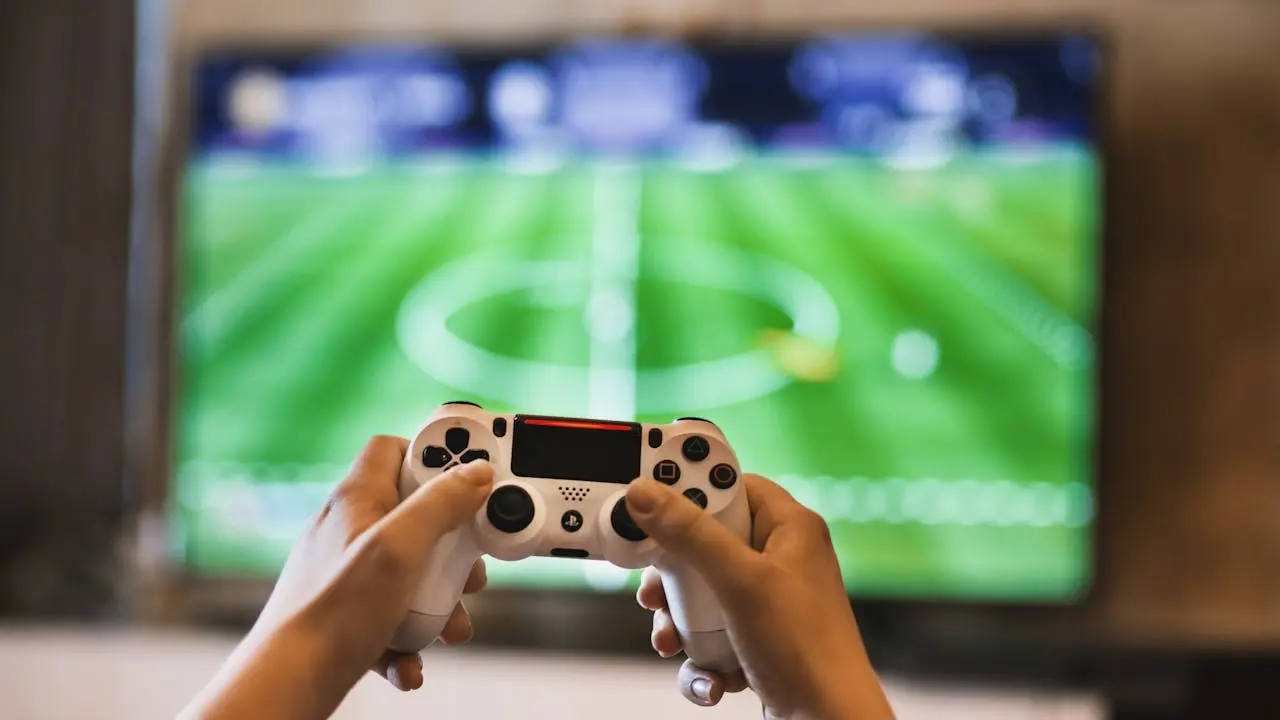Cheating has become an increasingly pressing issue across the vibrant console gaming landscape. Players utilizing modified devices, network manipulations, and exploit discoveries to gain unfair advantages risk compromising the integrity of multiplayer environments and community relationships built through a shared love of gaming.
This deep dive will examine common cheating practices witnessed recently in top console titles, address motivations and attitudes driving this behavior, and outline the ripple effects dishonest play patterns cause across the interconnected console gaming ecosystem. By exploring the problem’s core factors, we can raise awareness on the risks cheating poses not just to fair competition, but the player interactions and bonds that make gaming special.
Defining Console Game Cheating
Cheating encompasses any external intervention, technology, or deliberate network/game manipulation granting players unreasonable in-game benefits violating standard rules, expectations, and parity across the userbase. This includes activities like:
- Using hacked console hardware or mods enabling impossible stats, abilities beyond developer intent
- Exploiting in-game bugs and glitches to gain advantages like infinite resources, bypassing level requirements
- Manipulating network data and packets to reduce lag, simulate false locations, remove obstacles
- Teaming up with others using cheat tools to dominate rankings and events
The common thread sees players utilizing outside mechanisms to gain effortless rewards and unrealistic power boosts rather than progressing through skill and defined in-game systems.
Top Targeted Titles and Prevalent Cheats
Unfortunately, few competitive multiplayer console titles remain untouched by exploits. Some high-profile examples include:
- Apex Legends – Players manipulating aim assist strengths beyond intended ranges using Strike Packs, lag switches granting teleporting/shooting advantages, and bots for automated skill grinding
- Destiny 2 – Network packet injection to duplicate rare items, experience farming bots in PvP modes, and win-trading between players for inflated rankings
- Call of Duty – Scripts running automated combat sequences without player input, unlock tool hacks to open all items/skins early in violate level requirements
- Forza Horizon – Modified game save files and physically altered controllers allowing impossible speeds and driving assists exceeding defined vehicle parameters
While single player games have cheats built for fun by developers, players crossing lines in multiplayer environments violate communal trust.
Motivations and Attitudes Encouraging Cheating
Why do some make the choice to cheat, often justifying actions despite violating rules millions uphold willingly? Common mentalities include:
Feeling the Need to Win at Any Cost – Modern gaming nurtures competitive environments. For those lacking skills to rise legitimately, cheating offers a shortcut for the glory of domination.
Limited Gaming Time – Casual players with limited play schedules may utilize cheats to keep up with friends invested more heavily in the game world.
Exploiting Vulnerabilities Simply Because They Exist – Skilled programmers may create cheat programs without intend use themselves, but simply to prove they can outsmart developers.
Lack of Immediate Tangible Consequences – Developers often take time issuing bans. Delayed punishment weakened deterrent effects. Instant wins become too tempting.
While understanding motives behind cheating has value in addressing root causes, it does not excuse harm inflicted upon others playing fairly.
Community Impacts and Ripple Effects
Left unchecked, even a minority of cheaters poison gaming experiences, because consequences span wider than individual rule-breakers. Collateral damage includes:
Compromising Competitive Integrity – Rankings and contests losing meaning due to inflated, illegitimate scores achieved via cheating. General distrust forms.
Discouraging Legitimate Players – Realization that skill differences are fabricated by cheats rather than talent gaps, reducing motivation to improve at the game.
Warping Newcomer Experiences – Rookie players encountering cheaters assume exploit usage is normal and required to be competitive, perpetuating problems.
Fracturing Social Connections – Friends discovery each other cheating stokes resentment and erodes the spirit of camaraderie games ought cultivate.
Industry Revenue Losses – Developers devote budgets toward anti-cheat innovations which detract focus from value-added new features and content to attract engaged player bases. Media outlets generate less enthused coverage.
While cheaters themselves may benefit temporarily, collective damage across console communities remains stark.
Approaches to Curb Console Cheating
Console platforms and affiliated developers are ramping up efforts to deter cheating, including:
Legal Action – Publishers establishing precedence with lawsuits against cheat distributors, transmitting cease and desist orders warning fines.
Detection Refinement – Leveraging data patterns to identify suspect behavior algorithmically, tracing accounts to hardware IDs for permanent bans.
Increased Bans – Broadening definitions of prohibited 3rd party software, handing out more account suspensions to limit repeated offenses.
Protecting Networks – Encrypting data packets sent over multiplayer connections to limit information useful when intercepted and altered.
Community Messaging – Direct outreach clarifying rules, promoting sportsmanship norms, and fair play through awareness campaigns.
While challenging to eliminate cheating entirely, communicating unacceptability paired with technological defenses apply compounding pressure.
Gamer Empowerment Against Cheating
Though companies focus on deterrence policies and forensic measures, the console gaming community itself retains significant influence to protect beloved pastimes by:
Calling Out Exploits – Publicly highlight attempts to rationalize cheating as inappropriate and unacceptable, via forums and social spaces.
Protecting Newcomers – Intervene when witnessing coaches or teammates pressure rookies into adopting cheat tools as “necessary to win.”
Refusing Collaboration – Decline requests to “team up” carrying out coordinated cheating offenses which amplify damage.
Reporting Violations – Making use of in-game or publisher reporting tools when running into clearcut cheating. Documentation helps enforcement.
United, the community bears responsibility for defining acceptable conduct, speaking out against corrosive elements, and propagating norms where dishonest play has no place. Small individual actions compound into powerful change.
Conclusion
Ultimately everyone loses when cheating goes unchecked in popular console game environments. While chasing rankings has appeal, the social bonding, shared wonder, and interconnectedness gaming enables risk erosion from those cutting in line.
Commit to upholding integrity by rejecting normalizing such exploits. Signal boost calls for fairness, protect those vulnerable to manipulation on the fringes, and Let dishonest players know outright the wider community finds such behaviors unacceptable.
Console gaming represents an unrivaled medium enabling cooperative trials, tests of skill, and interpersonal connections otherwise impossible. Together we must advocate these pastimes remain viable, credible, and most importantly, fun well into the future by pronouncing cheaters unwelcome to sacrifice our precious communities in their name. The time to take a stand starts now.

